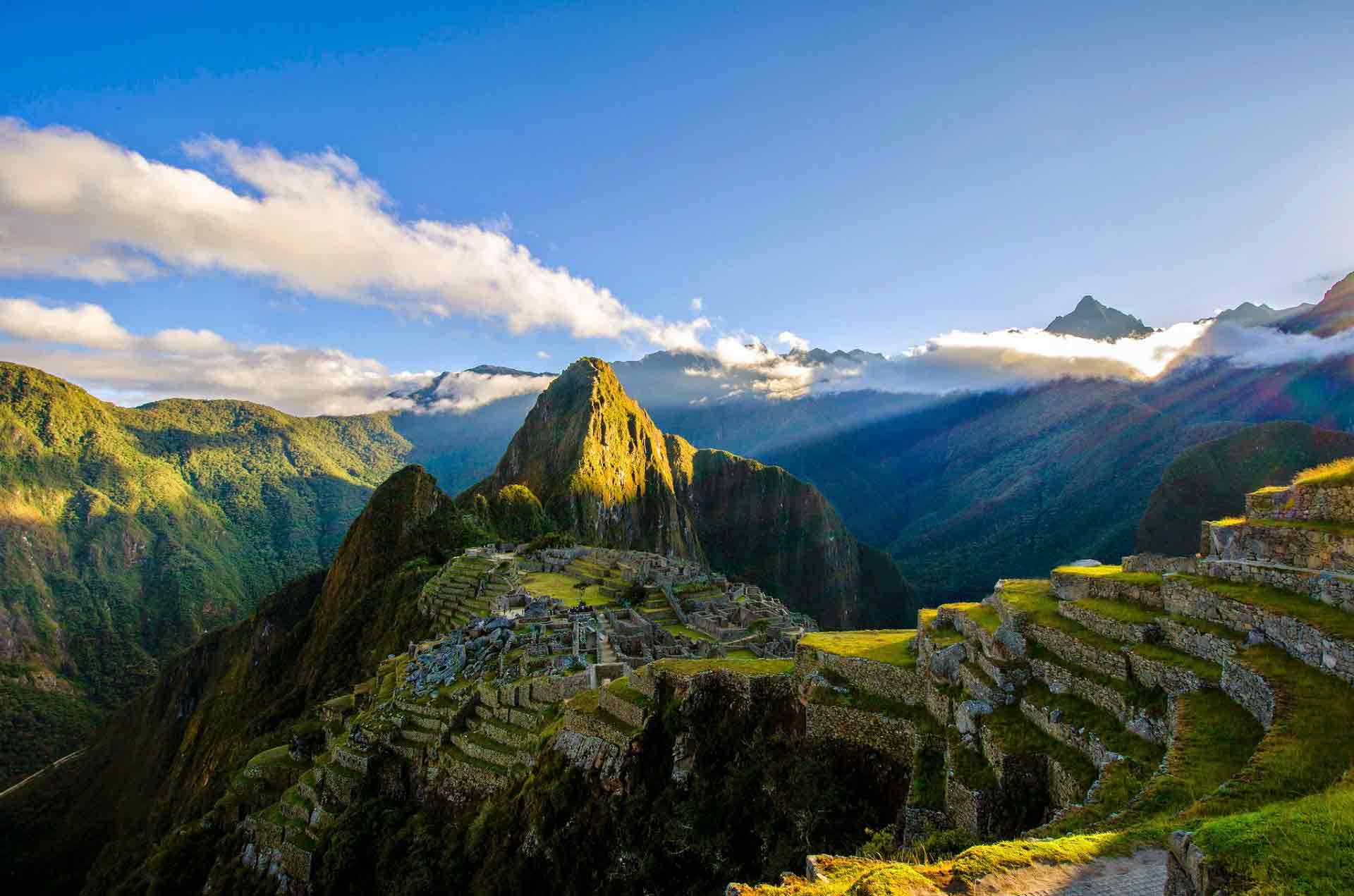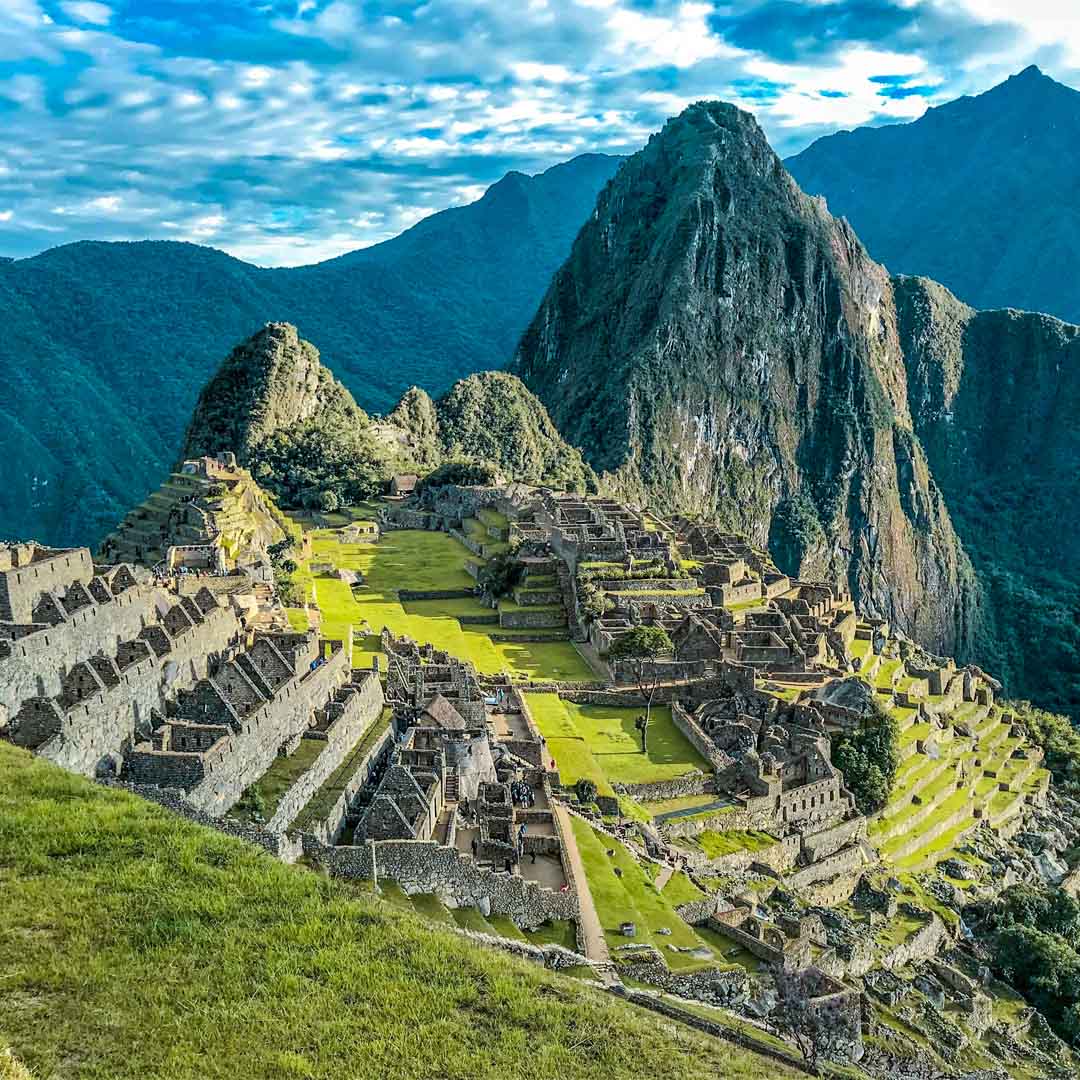Machu Picchu is an ancient Inca city located in the mountains of Peru and is one of the most famous archaeological sites in the world. The name 'Machu Picchu' comes from the Quechua language, the language of the ancient Incas. The literal translation of Machu Picchu is 'old peak' or 'old mountain'.
The Quechua language is still spoken by millions of people in the Peruvian territory and along South America. It is an official language of Peru and Bolivia, and is also spoken by people in countries such as Ecuador, Colombia, and Argentina. The Quechua language is an important part of the culture and history of the Inca Empire and it is key to understanding Machu Picchu and its history.
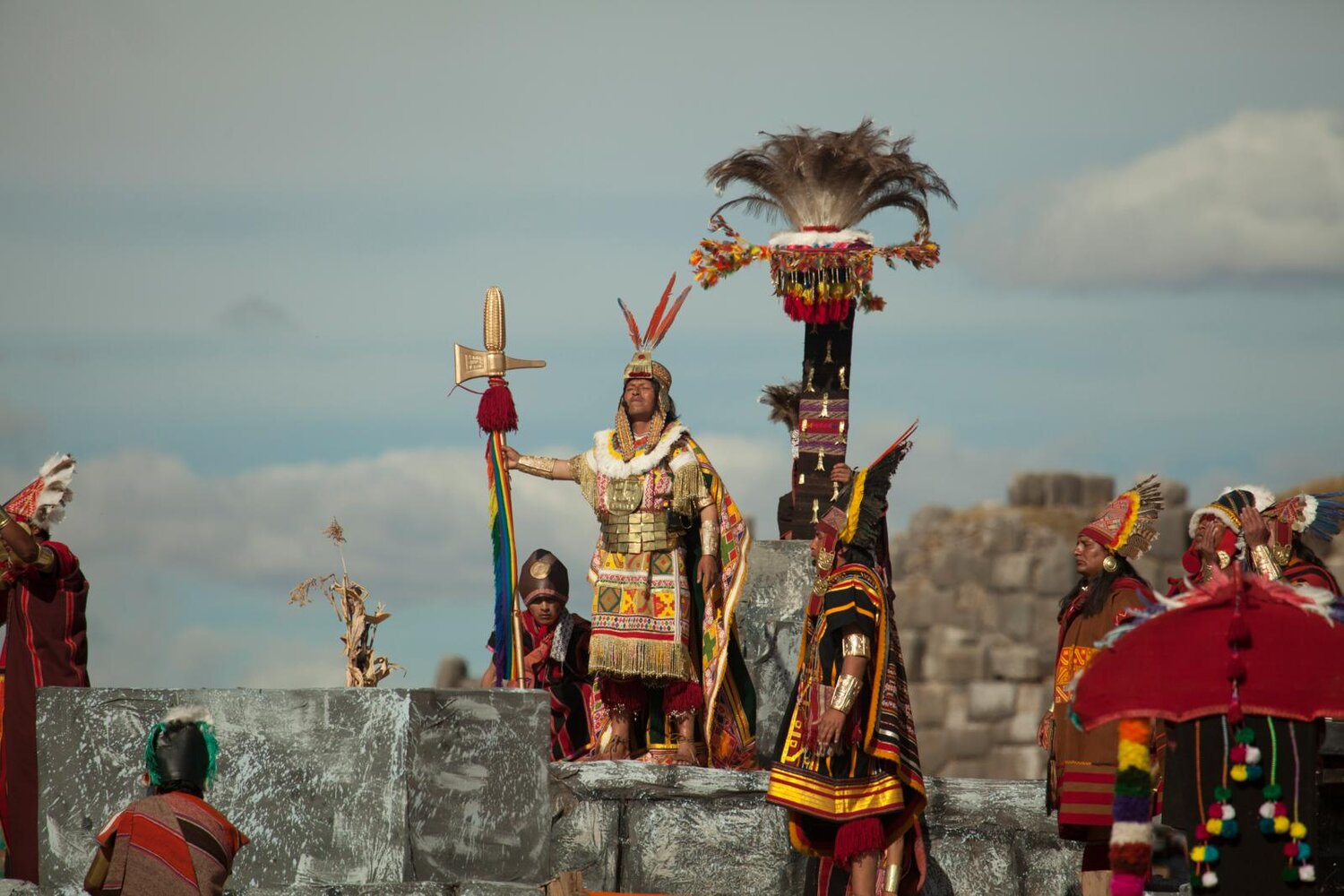
What language did the Incas speak?
The Incas were a powerful pre-Columbian civilization that ruled the territory known today as Peru from the 13th to 16th centuries. As part of their legacy, the Incas left to the inhabitants of the empire their own language, known as Quechua. This is a language that is believed to be the most widely spoken native language in the Americas. It is still spoken today by millions of people in the Andean highlands of Peru,and other countries in South America.
The origins of Quechua are uncertain, but it is believed to have been spoken by the Incas as early as the 11th century. Quechua was the language of the Inca Empire, and was used as the lingua franca of the Inca people, allowing communication between the many different tribes who were part of the empire. The Incas also used Quechua as a way to keep track of the empire’s population, as well as its resources and taxes.
The Incas were able to spread Quechua across their vast empire by establishing schools and making it a requirement for Inca officials to learn it. As a result, Quechua spread quickly and became the language of the Empire. After the Spanish conquest, the Quechua language continued to be spoken in the Andean region, although it was largely ignored by the Spanish, who imposed their customs, language and religion upon the inhabitants of the empire.
Today, half of the Peruvian population speaks Quechua. It is the official language of Peru, Ecuador and Bolivia, along with Spanish. It is also spoken in Colombia, Argentina and Chile. Quechua is a living language in continuous evolution, to which new words and expressions are added. It is also the language of the indigenous peoples of the Andes, and is an important part of their culture and identity.
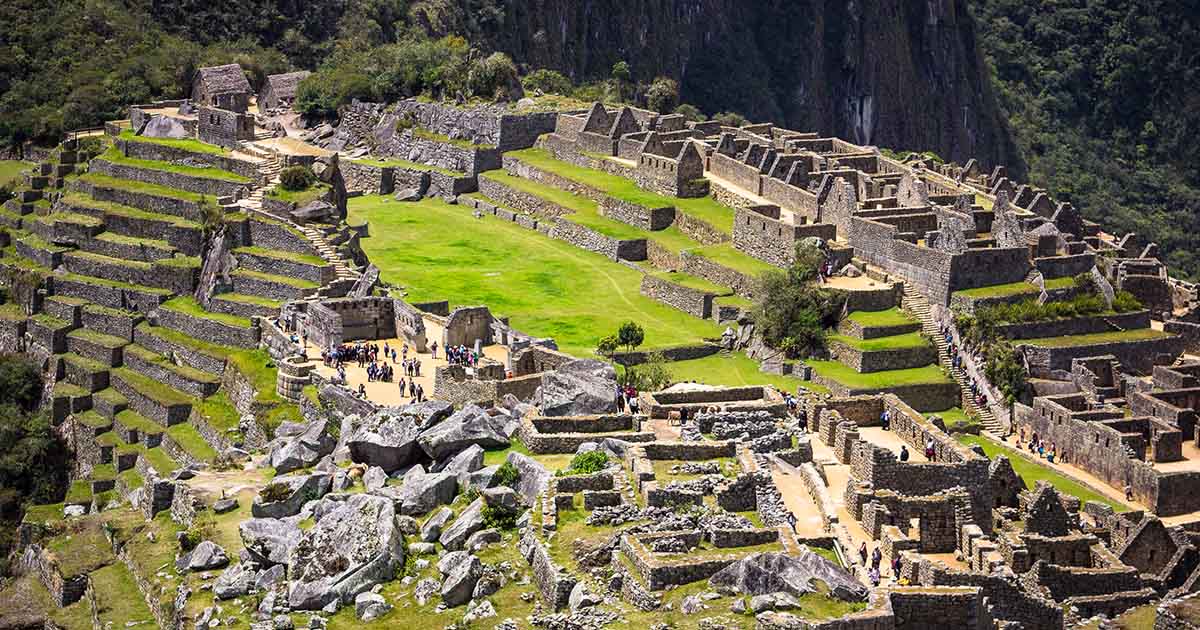
What is the meaning and significance of Machu Picchu?
Machu Picchu was built around 1450 AD and served as a royal estate for the Inca emperor Pachacuti. It was a large city that was built on the top of a mountain and was surrounded by terraces and agricultural land. Machu Picchu was abandoned in the 16th century and remained hidden for centuries. It was discovered by the American explorer Hiram Bingham in 1911 and has since become a popular tourist destination.
The meaning of Machu Picchu in Quechua is very symbolic, because it reflects the significance of the mountains for the andean people. The words 'Machu' and 'Picchu' mean 'old' and 'peak' respectively, which symbolize the ancient city's location in the mountains. This was a sacred place of worship and a symbol of the expertise and great engineering knowledge of the Incas.
Machu Picchu is an archaeological site of great relevance to the history and culture of Peru and the Andes region. Its name, which literally translates to 'old peak' in Quechua, is a reminder of the importance of nature in the Andean cosmovision, the unbreakable bond between human beings and the Mother Earth called Pachamama, and the perfect balance that exists among every living creature that inhabits the earth. It is a testament to their engineering prowess and the strength of their culture and language, which is still spoken today.
Book one of our amazing tours to Machu Picchu today if you want to discover the beauty of this iconic site and have a complete Inca experience. Our certified guides will tell you everything there is to know about the Sacred Citadel and will share every significant detail about Inca history like only a professional can. They will give you the best tips for taking spectacular photos and provide you with everything you need to make the most of this wonderful trip.
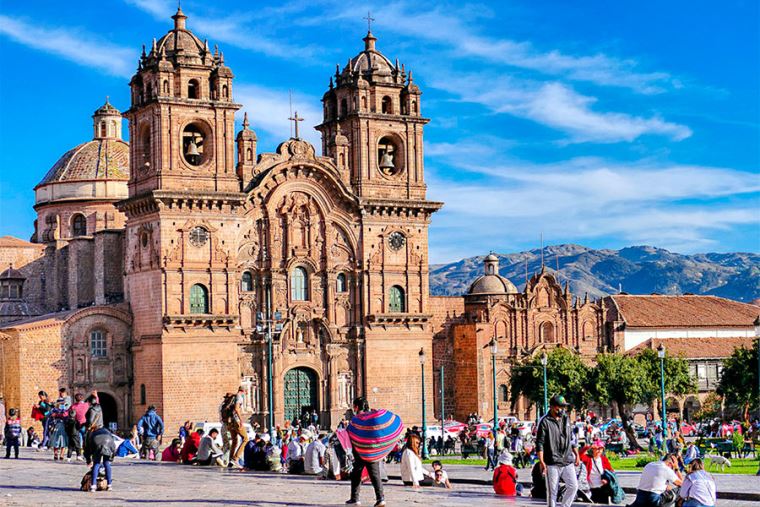
What does Cusco mean in quechua?
Cusco is a word derived from the Quechua language, an indigenous language of the Andean region of South America. The word has multiple meanings, but probably the most common is “navel of the world.” This is because, according to Quechua tradition, Cusco is the center of the universe and the birthplace of the Incan Empire.
The word Cusco is also used to refer to the city of Cusco, the ancient capital of the Inca Empire, located in the Peruvian Andes. The city is known for its rich history and culture, as well as its impressive architecture and landscape. It is also the name of the Cusco region, formed by the departments of Cusco, Apurimac and Madre de Dios. This region is home to several ethnic groups, such as the Quechua, Aymara and Urus.
The Quechua people believe that the name Cusco comes from the Quechua phrase “qosqo qosqo,” which translates to “hollow in the center.” This phrase is thought to refer to the fact that the city of Cusco is located in a valley surrounded by mountains. People also believe that the word Cusco is related to the word “qosqo,” which means “navel” or “center.” This is why Cusco is often referred to as the “navel of the world.”
In Quechua, the word Cusco can also be used to refer to the sun. This is because the city of Cusco is said to be located in the center of the sun’s path, and is thus the center of the universe.
As you can see, the word Cusco has multiple meanings in the Quechua language, referring to the city, the region of Cusco, or the sun. It is most commonly used when talking about the city of Cusco, but you will surely hear a lot the phrase that relates Cusco to the navel of the world.
We have an incredible tour that will take you to the most beautiful ruins and landmarks in Cusco. You will shop at the iconic San Pedro market, visit the Koricancha Temple and walk through the Fortress of Sacsayhuaman to finish the tour at the Plaza de Armas. Book now and don't miss it!

